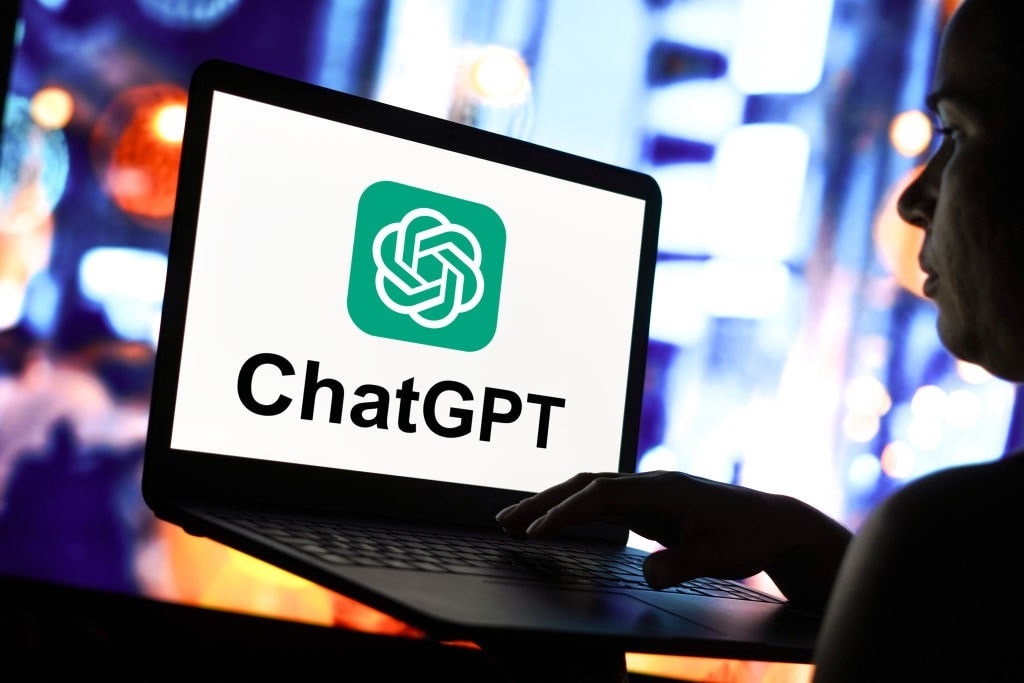In 2017, Stephen Hawking warned Wired magazine that artificial intelligence could one day outperform humans. “I fear that AI may replace humans altogether. If people design computer viruses, someone will design AI that improves and replicates itself. This will be a new form of life that outperforms humans.” AI has already been incorporated into many aspects of our lives, from medical tests and procedures to gaming and predictive text – but it is now becoming more common to see AI-generated content on the internet, including news sites.
Will Artificial Intelligence Replace Human Writing?
ChatGPT’s most advanced version, GPT-4, can generate documents up to 25,000 words long and comprehend more than 26 languages. It and other artificial intelligence tools are continuing to learn and be incorporated into online content, and many worry that this automated text will soon entirely replace human writing. In fact, a well-known Washington newspaper bragged about using AI to generate more than 850 articles about the 2016 Rio Olympics.
AI-generated content has caused considerable mistrust because of deepfakes, misleading information, and scams. As Liberty Nation reported, the Center for Countering Digital Hate explained that artificial intelligence has a lot of influence and that AI image generators created “election disinformation in 41% of cases, including images that could support false claims about candidates or election fraud.” The Fourth Estate was once a trusted and valuable resource for news, but that public trust has been falling recently. How much worse will it be if outlets start depending on AI to broadcast information?
On April 22, a Facebook page posted an article titled: “Elon Musk Fires Entire Cast of ‘The View’ after Acquiring ABC.” Ironically, AI tools were used to determine this was a fake story and that “The article was likely written by an unknown artificial-intelligence (AI) tool, according to scans of the full text by AI-detection tools,” reported Snopes. Still, many readers believed the article and spread it to other sites.
Already, there are labels placed on some stories that let readers know “some” of the content was AI-generated. For some, that is an instant warning that the information can’t be trusted. Which part came from a human and which was artificial intelligence? Governments around the world are looking at ways to control how much automated text can be used. In Europe, for example, they are considering a process to require watermarks on AI-generated content.
Not everyone is afraid, however. Many argue that artificial intelligence will never be able to create the same kind of insight as humans and that the content created will be a summary of information without the human perspective that draws people to sites and stories.
News sites may not use AI as much as others, such as bloggers and other content creators. This becomes a bit alarming when companies selling products and services to people use artificial intelligence. A CMO Survey from Fall 2023 said that 100% of communications, media, and real estate businesses use it to help develop their blogs.
Grand View Research said that the global AI market in 2023 was valued at $196.63 billion, and Crunchbase revealed that AI startup investments raised nearly $50 billion in funding last year. Global Market Insights predicts the machine translation market will grow to $7.5 billion by 2032. So far, that prediction seems accurate – ChatGPT had more than 100 million monthly users by early 2023.








